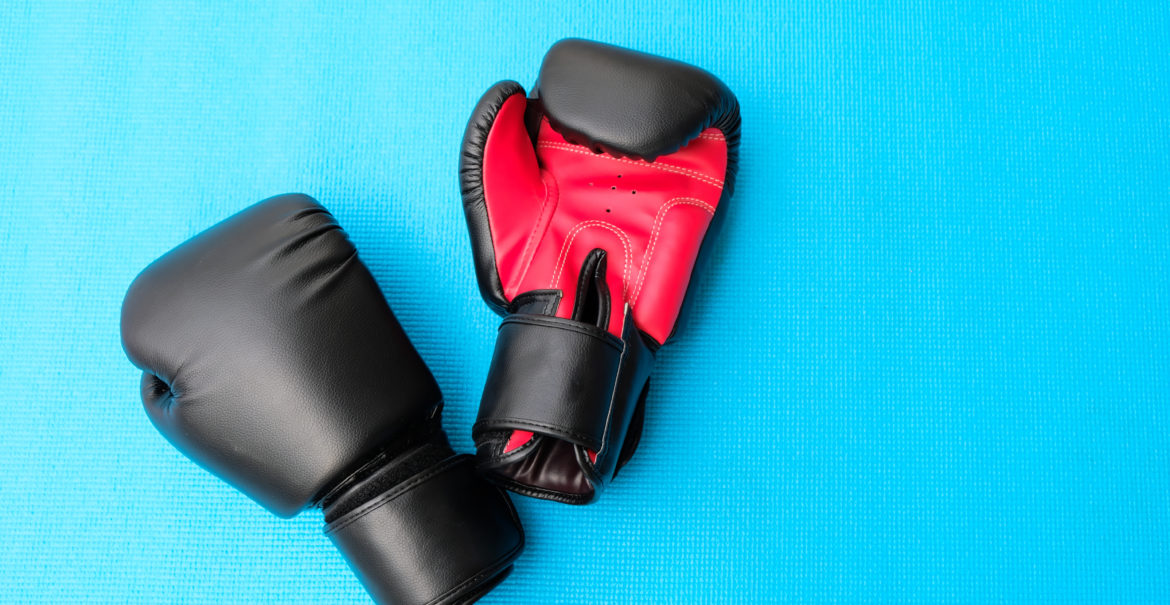Dr. Samantha Boardman received a B.A. from Harvard University, an M.D. from Cornell University Medical College, and completed a 4-year residency program in Psychiatry at Weill Cornell Medical College. Dr. Boardman is also the author of Everyday Vitality: Turning Stress into Strength.
Here is what Dr. Boardman had to say when we asked her about everyday vitality:
GenHERation®: What is vitality and what are the three main wellsprings of this idea?
Dr. Samantha Boardman: Resilience is the norm not the exception. Meaning, most people are pretty resilient overall. I became curious about what everyday resilience looked like. What do we need to manage the everyday haste and onslaught of the daily fatigue? It is that psychological and physiological energy that you have. Vitality gives you the energy to handle things. The main wellsprings of vitalit include learning, connecting, and adding value. When you consider vitality, it can be helpful to ask yourself these questions: Do I feel challenged in a positive way? How am I connecting with others? Am I contributing to something beyond myself? You can’t get rid of stressors or predict them, but by learning, connecting, and adding value you can have vitality and that everyday resilience.
GenHERation®: Why is it important to embrace challenges in our daily lives to become more resilient?
Dr. Boardman: I think it taps into our need to feel competent. We have that ability to rise to the occasion. A core of that is self-efficacy, and that sense of autonomy. When we are faced with a challenge, we gravitate toward lying in bed and binge-watching shows. Most of us probably find that after a weekend of doing that we feel worse. That is why it is important to have a hobby or something that you have fun doing. It is important to do something for the love of the game. When we engage in those effortful activities we have a sense of efficacy and autonomy.
GenHERation®: How can role models be “social vaccines” in our journey to live more vital lives?
Dr. Boardman: There is so much pressure to find yourself and find your strength. There is so much research that shows if you can’t see it, you can’t be it. I encourage patients to have a council of elders in their mind. People they admire (you don’t have to know them and they don’t need to be older). When faced with stressful situations ask yourself, “What would someone I admire do?” It’s hard to separate yourself from emotions, but this can help. Think through a problem using the strengths and skills of a role model. Think beyond yourself and expand yourself.
GenHERation®: What are uplifts and how do they cultivate vitality?
Dr. Boardman: Uplifts are other-oriented/outer-oriented acts that are enduring positivity. It is not eating a candy bar. They relate to your values. It could be going for a walk, having a nice conversation, or picking up the phone. Think about three things you value most in your life. It could be giving back, learning, and health, for example. Then think about how you spend your time. Create overlap between what you care about and what you actually do. If there is a gap, figure out how you can fill it. Happiness isn’t in your head—it’s in the actions you take.
GenHERation®: Popular psychology focuses on the belief that happiness comes from within, but your research focuses on the importance of building connections with others. Why is it important to “turn away from the mirror and open the window?”
Dr. Boardman: The single greatest predictor of our happiness comes from our connections. Happiness comes from doing something for others and with others. You should take care of yourself, but you need to have those connections. Do something for someone else.
GenHERation®: What advice would you give to your younger self to live a life of deliberate vitality?
Dr. Boardman: All of those plans that you have laid out will change. Be ready for that off routing. Welcome that to the party. Be open-minded and curious. Shine that flashlight into the open room. We are tempted to get away from what scares us.
Dr. Samantha Boardman received a B.A. from Harvard University, an M.D. from Cornell University Medical College, and completed a 4-year residency program in Psychiatry at Weill Cornell Medical College. After graduating from residency, she continued working at the hospital as the in-house psychiatrist for the Employment Assistance Program, and also opened a private practice in Manhattan. Dr. Boardman is also the author of Everyday Vitality: Turning Stress into Strength.
A few years later, Dr. Boardman realized she had been trained to focus on what was wrong in her patients’ lives and to reduce symptoms, but realized she knew little about the factors that promote wellbeing or enable a good day. Dr. Boardman went back to school and got a Master’s degree in Applied Positive Psychology at the University of Pennsylvania. Positive Psychology is the scientific study of optimal mental health. Instead of focusing on illness and pathology, it focuses on human strength and mental wellbeing.
The year at Penn rewired Dr. Boardman’s thinking and expanded her approach to mental health. She studied resilience, optimism, and post-traumatic growth. She explored the role of lifestyle and psychosocial factors that impact mental health and learned about evidence-based interventions that promote wellbeing. Dr. Boardman has been practicing Positive Psychiatry ever since.
Dr. Boardman has published papers in journals including Translational Neuroscience, Nature Reviews Neuroscience, The American Journal of Psychiatry, and The Journal of Clinical Psychiatry. She is also a frequent contributor to Psychology Today, The Wall Street Journal, and Thrive Global, and a guest on the Today Show and Good Day New York.




Comments (0)